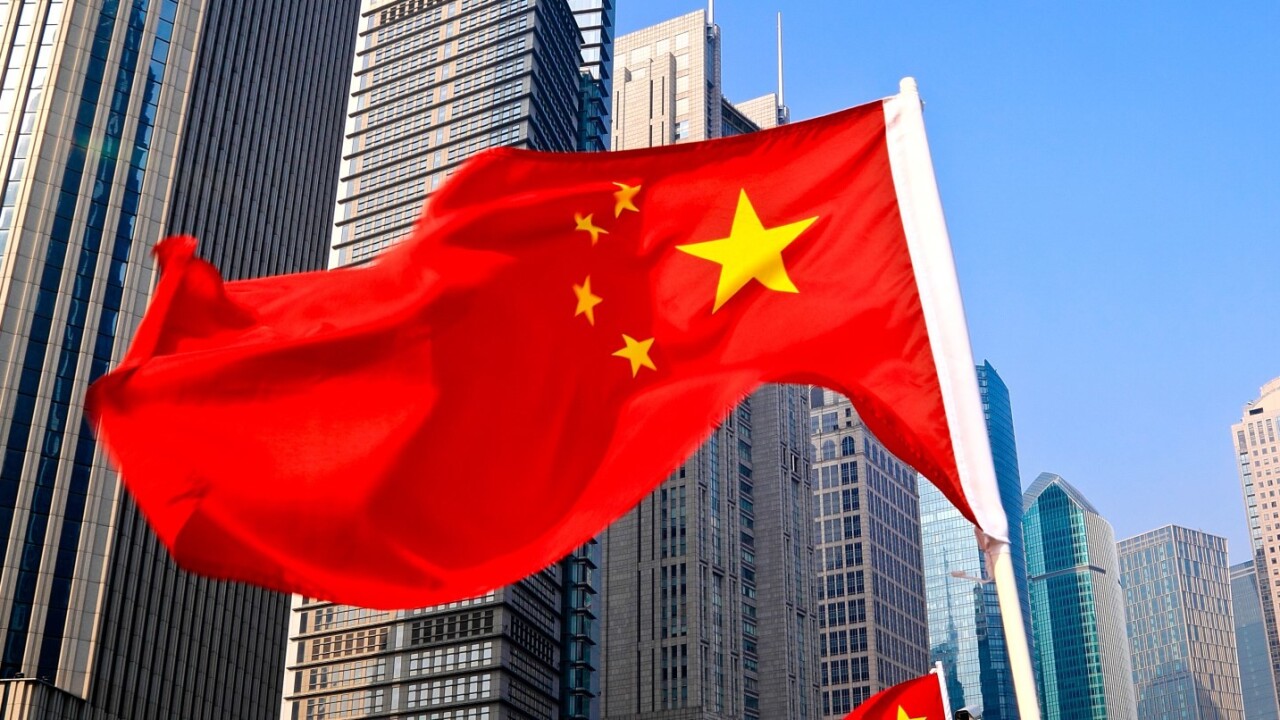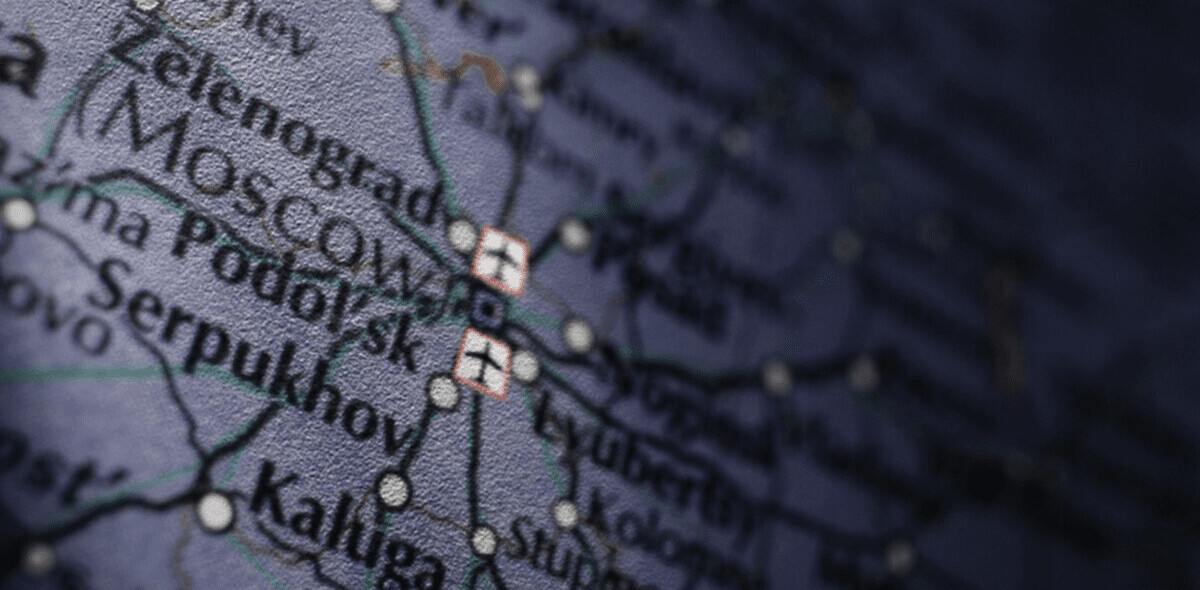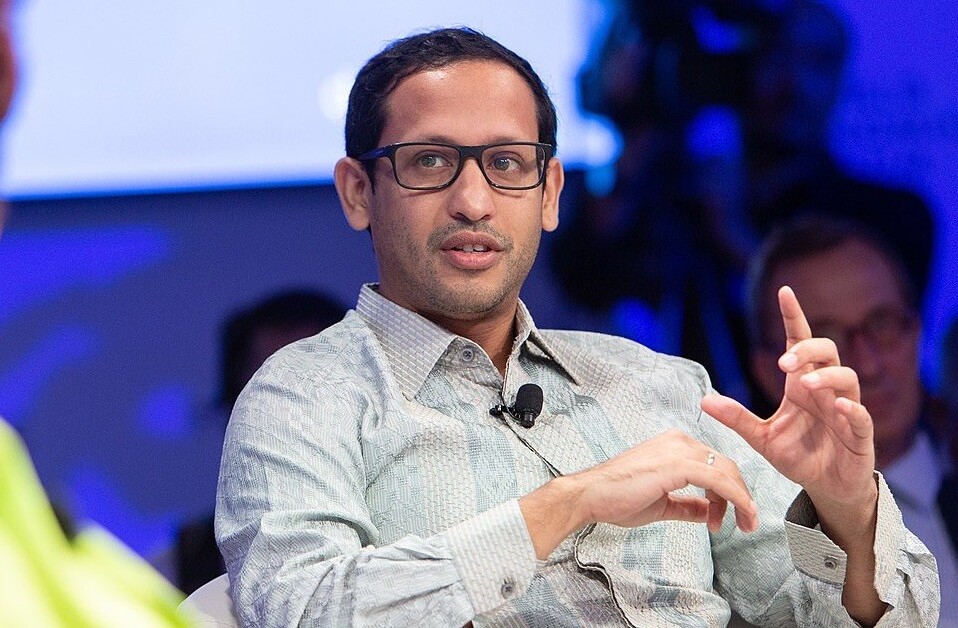
Governments wanting to spy on the people they’re meant to serve is hardly new – but China is taking things to a whole new level by injecting itself into citizens’ phones.
Based on articles from Radio Free Asia, Mashable reported last week that authorities in the autonomous region of Xinjiang – home to a majority Muslim population including millions of Uyghurs who have roots in Turkey – sent out a notice instructing citizens to install a ‘surveillance app’ on their phones, or be detained for up to 10 days if they’re found to have disobeyed the order at random spot checks.
— Delinda Tien (@TienDelinda) July 14, 2017
The app, known as Jinwang, is said to monitor files on your phone and “automatically detect terrorist and illegal religious videos, images, e-books and electronic documents.” If it finds any such content (by matching the files’ MD5 digital signatures with those in a database), users will be prompted to delete them. It’ll also grab your Weibo and WeChat records, SIM card info and Wifi login data and relay them to a government server.
That’s about as invasive an app I’ve heard of in recent memory. Not only is the app keeping tabs on the files you store and share with people, it also snitches on you. Heck, it’s so powerful it can land you in trouble without you ever downloading it.
It isn’t immediately clear why Xinjiang is being targeted with this app at present, though it might be easy to guess: the multi-ethnic region is bordered by eight countries and has had its share of separatist strife and terrorist attacks, arising mainly from tensions between the native Uyghur population and the new influx of Han Chinese who have flocked to the flourishing oil-and-gas producing area.
Regardless of your position on how the Chinese government should approach the issue of curbing separatist sentiment in Xinjiang, what we have here is a classic example of a government sacrificing its citizens’ privacy in an attempt to serve its own security interests. The future of surveillance, it seems, is already alive in Xinjiang.
Via Mashable
Get the TNW newsletter
Get the most important tech news in your inbox each week.




